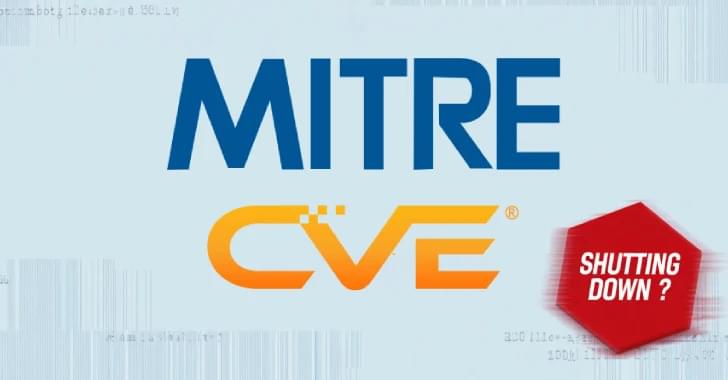A common lithium salt has revealed new possibilities for manufacturing cheaper, longer-lasting battery materials.
Get the latest international news and world events from around the world.

History Made: Metal Made in Space Lands on Earth for the First Time
The first metal 3D-printed part ever manufactured in orbit has returned to Earth.
Produced using ESA’s Metal 3D Printer aboard the International Space Station.
The International Space Station (ISS) is a habitable artificial satellite that orbits Earth, serving as a space environment research laboratory where scientific research is conducted across multiple fields, including astrobiology, astronomy, and meteorology. Launched in 1998, the ISS is a joint project involving space agencies from the United States, Russia, Japan, Europe, and Canada. It functions both as a testament to international cooperation in space exploration and as a platform for extensive scientific experiments conducted in the unique conditions of space.

Major Problem in Physics Could Be Fixed if The Whole Universe Was Spinning
Earth rotates, the Sun rotates, the Milky Way rotates – and a new model suggests the entire Universe could be rotating. If confirmed, it could ease a significant tension in cosmology.
The Universe is expanding, but exactly how fast is a contentious question. Two different methods of measurement return two very different speeds – and as the measurements become more precise, each becomes more certain. This discrepancy is known as the Hubble tension, and it’s reaching crisis levels in physics.
So for a new study, physicists in Hungary and the US added a small rotation to a model of the Universe – and this mathematical massage seemed to quickly ease the tension.







MITRE warns that funding for critical CVE program expires today
MITRE Vice President Yosry Barsoum has warned that U.S. government funding for the Common Vulnerabilities and Exposures (CVE) and Common Weakness Enumeration (CWE) programs expires today, which could lead to widespread disruption across the global cybersecurity industry.
CVE, the most critical of the two, is maintained by MITRE with funding from the U.S. National Cyber Security Division of the U.S. Department of Homeland Security (DHS). CVE is crucial for providing accuracy, clarity, and shared standards when discussing security vulnerabilities.
The program is widely adopted across various cybersecurity tools, including vulnerability management systems, and it allows tracking all newly discovered vulnerabilities using CVE Identifiers (CVE IDs) assigned by CVE Numbering Authorities (CNAs) worldwide, with MITRE as the CVE Editor and Primary CNA.